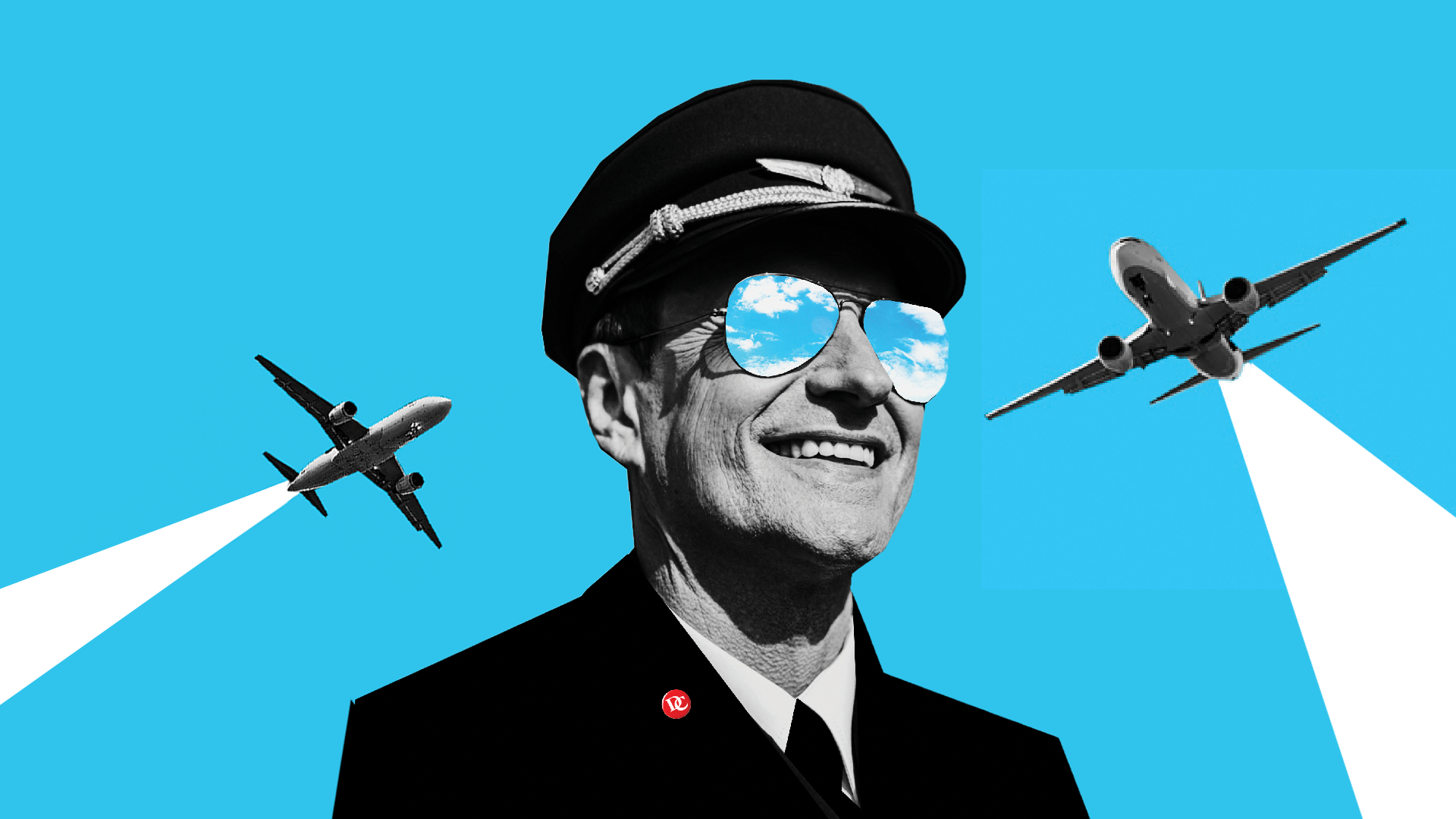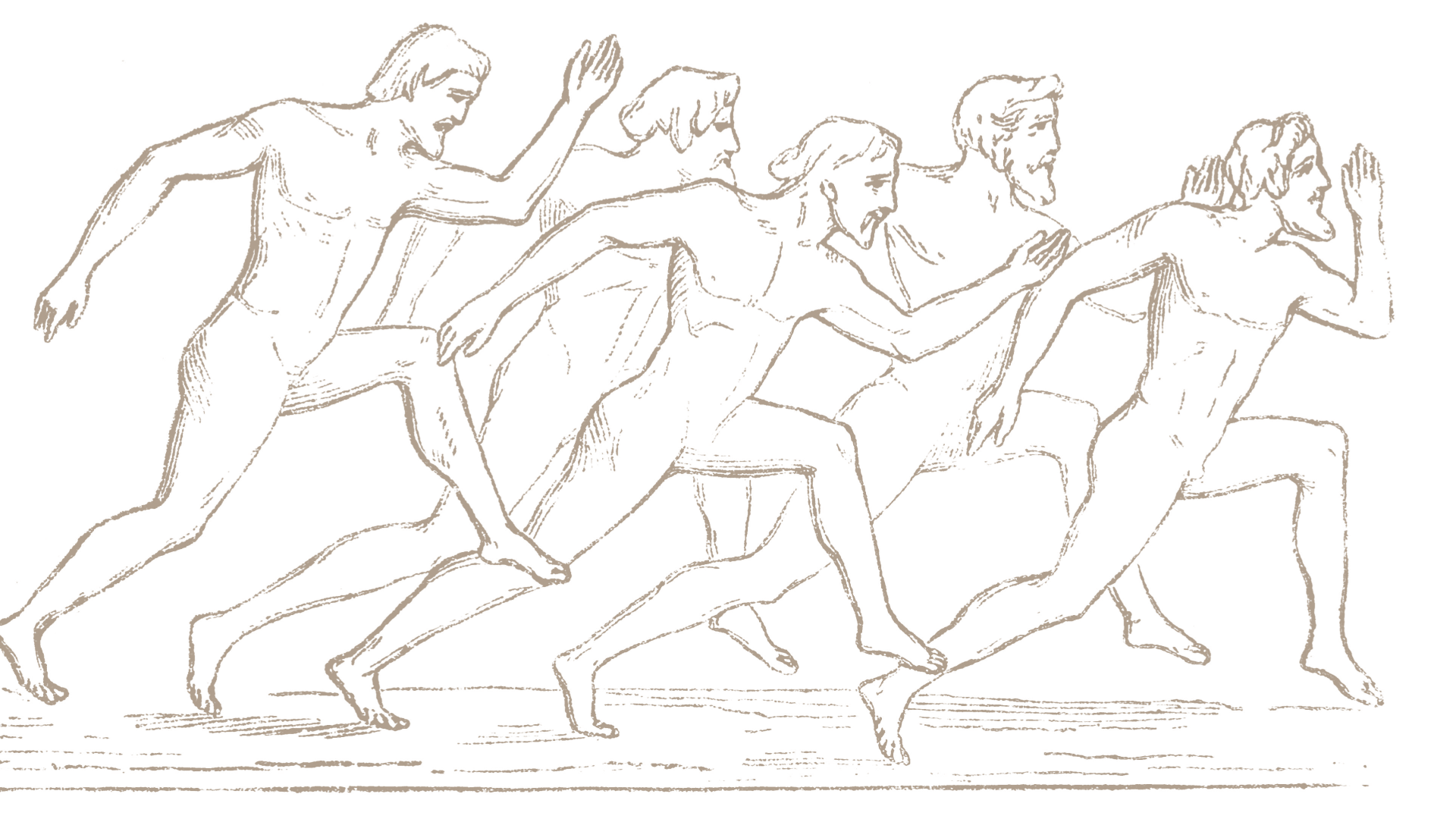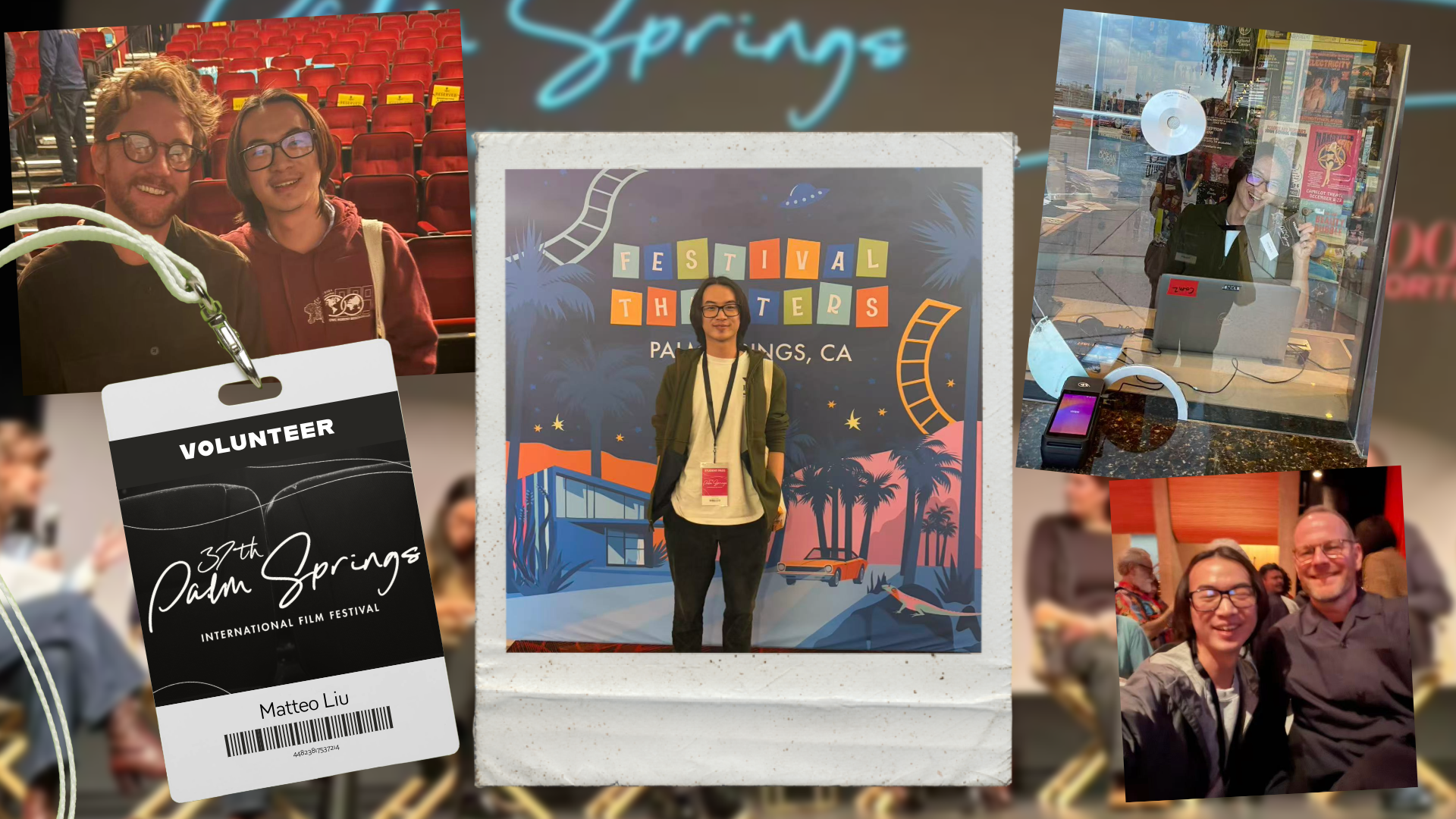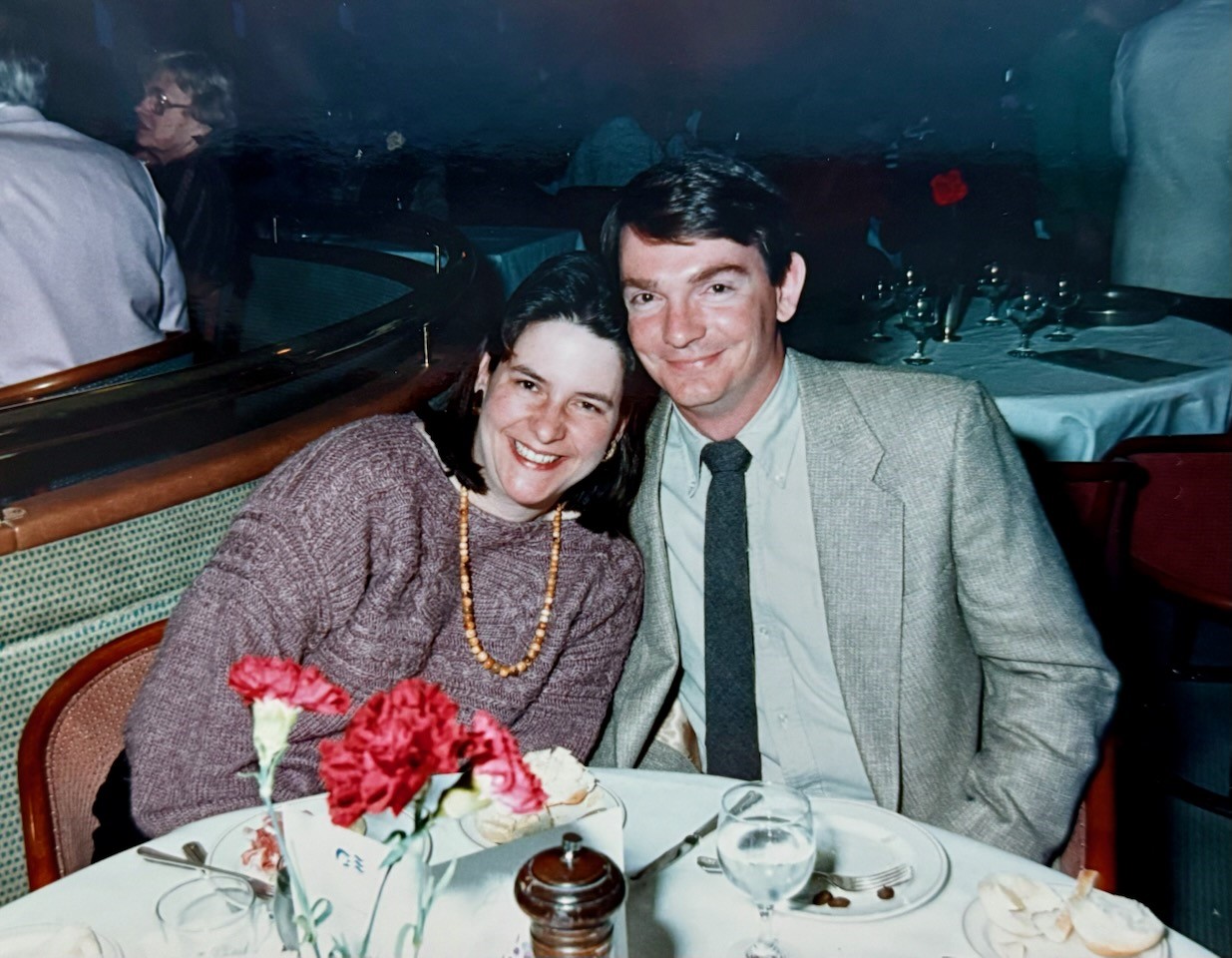Service Trip to Uganda Teaches Students Value of Flexibility
August 22, 2014
Two Davidson students learned during a summer mission that one of the primary assets for helping people in need is flexibility-like when you want to build a goat house in Uganda!
That was one of the goals of Davidson's chapter of "Nourish International," a new community service group on campus. The non-profit organization, which has almost 50 chapters on campuses nationwide, aspires to "engage students and empower communities to make a lasting impact on extreme poverty."
The Davidson chapter conducted several fundraising projects last year and, working with other Nourish chapters at the University of Florida and Boston University, chose to support the Uganda Rural Fund (URF) and its Hope Academy, a school which serves orphaned and vulnerable children, particularly those whose families have been affected by AIDS.
When they arrived, the American students quickly found that things weren't going to go exactly as planned.
"You go in wanting to do certain things, and then reality hits...." said Cy Ferguson '16, who, along with Isabel Soto '17 and students from Florida and Boston, spent six weeks working in the Ugandan village of Kyetume.
The American students had raised $7,000, and intended to create a goat herding program to help Hope Academy students develop a sustainable source of income. The plan was to purchase 50 goats to give to students in the academy and needy families in the village. The recipients would earn money by selling goat's milk and cheese, and breed the goats to yield young goats to sell. Students and their families who received goats signed an agreement to give their first baby goat to the Ugandan Rural Fund (URF), which would give it away to another needy family, thereby sustaining the program.
The plan on paper envisioned the American students finding and purchasing goats for the program, and building a goat house at the school for those in the herd that belonged to Hope Academy students. Ferguson recalled, "What we set out to do happened, but honestly we weren't very involved. The URF director went by himself to buy the goats. Then the URF hired contractors to build the goat house, and we couldn't help them much because of the language barrier."
Doing What You Can
Their role in the goat program severely diminished, Soto and Ferguson looked for other areas of village life that could use their help. They found a niche as teachers at the Hope Academy school, which enrolled about 200 students at all grade levels. Classes were conducted in English, but the students' fluency and general academic capability varied considerably. "We did what we could," said Ferguson.
They worked with Ugandan students in several areas. Ferguson, a Bonner Community Service Scholar who works as a speaking center tutor at Davidson, started a weekly public speaking program. Exercises were as simple as having students stand and say their names, where they lived and their favorite food. "It worked out great for me," said Ferguson. "I was able to use a skill I practiced at Davidson and help the Ugandans apply it to their lives."
Likewise, Soto had been on debate and mock trial teams in high school, and helped resurrect a moribund debate program at Hope Academy. Additionally, a Hope Academy teacher recruited them to help with his youth empowerment program because as "muzungu" (white people), they attracted attention and held students' interest. The teacher took them to about a dozen area schools, where they presented talks on how to be a successful student. They never knew until they arrived the size of the audience, or whether they would be speaking in a classroom, outdoors or in a large assembly hall.
They also tutored individual students who sought help with their school assignments, and purchased and donated some textbooks to the school library that would help students prepare for the entrance exams for the state-run university system.
Mutual Learning
But the help went both ways. One of the Hope Academy teachers took it upon himself to conduct a class for the American students in Ugandan politics, language and literature. "He was amazing," said Soto. "He taught all day in school, helped with after-school group activities, and then taught us in the evenings."
Beyond their philanthropic efforts, everyday life provided the Davidsonians with valuable, impromptu glimpses into another culture. They watched World Cup games with youngsters. They witnessed the immediate and passionless slaughter and cooking of a goat after she died in childbirth. They were amused in sharing ill-informed notions about African and American culture with their hosts. And they adapted to a monotonous but nourishing menu of beans, rice, plantains and maize pudding.
Soto said the most profound lesson of the trip was that "development is hard." She continued, "The reality I had in mind was shattered. I learned you can't go in thinking you'll help everyone in Uganda. I went in thinking I'd be very hands-on, but learned that often we weren't the best people to take the lead on a job. Handing the reins over to local people who were more capable was better."
Ferguson shared many of the same feelings. "As a Bonner Scholar, I think a lot about what's the best way to conduct non-profit work," he said. "But the Ugandan URF nonprofit ran things their own way, almost like a family business. I learned a lot about what it means to conduct service abroad, about the limitations, and the need to involve the recipients in the project. In some ways I felt for the first time I used problem-solving and adaptability skills we talk about at Davidson."
Soto will serve as project director for the Nourish chapter this year, and lead the consideration of sites for efforts next summer. This past summer's experience has left her with plenty to think about during that process. For instance, she said, "The persisting problem with the term ‘development' is the inherent question it poses. What are we developing and where is the line between developing and developed?"
She continued, "I came to realize that the people of Uganda aren't lost in poverty, they are simply living simply. Is it a bad thing to be content just living without the excess that we as Americans have grown so accustomed to? I don't know the answer to these questions, but this trip really got me thinking about development on a deeper level."



